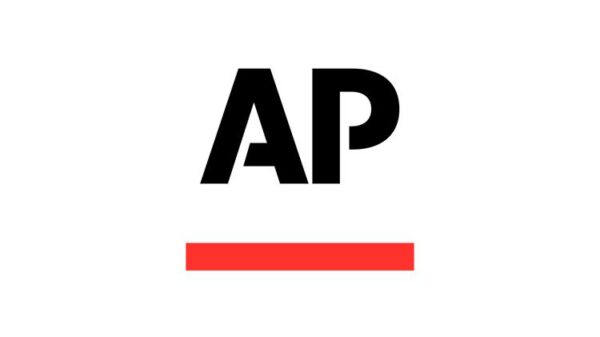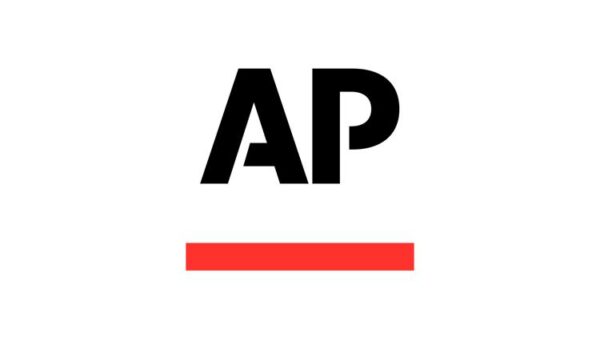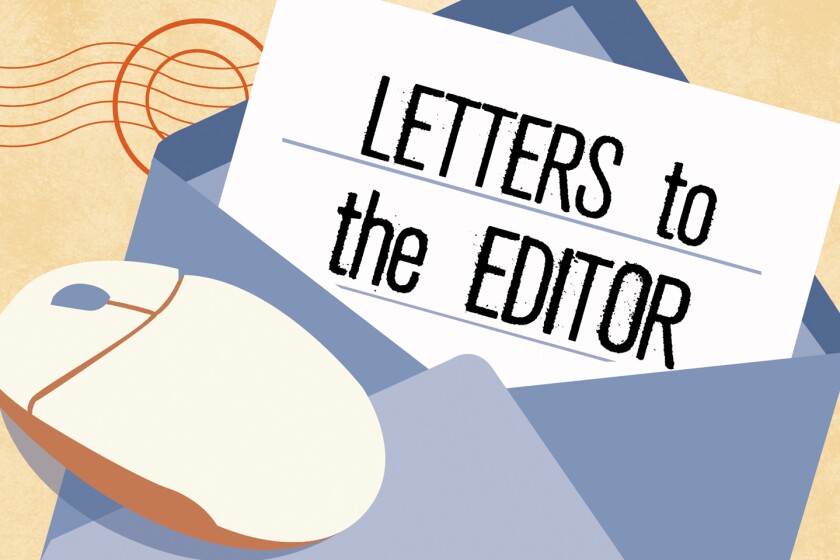In recent years, North Dakota has witnessed a significant shift in its gaming landscape, largely due to the introduction of electronic pull-tab machines, commonly known as e-tabs. These machines were permitted by the North Dakota Legislature in 2018 under the premise that they would benefit local charities. However, critics argue that they have instead drained millions from the state’s economy, severely impacted tribal casinos, and led to increased social costs within communities.
Charitable gaming revenue in North Dakota soared from $247 million in 2017 to an astonishing $2 billion by 2024. While this figure may seem impressive, approximately $1.2 billion of that total has flowed to out-of-state gaming companies, primarily enriching businesses in Las Vegas and Reno rather than benefiting local enterprises.
The consequences of this shift extend beyond financial statistics. Tribal casinos, which play a critical role in providing housing, healthcare, and employment opportunities for many North Dakotans, have experienced revenue drops of up to 60% since the arrival of e-tabs. Critics assert that this decline was anticipated by legislators who approved the machines, despite knowing the potential damage to tribal gaming.
In a letter to the editor, Fargo resident Norman McCloud highlighted the troubling reality of these developments. He pointed out that while one youth golf organization amassed nearly $4.78 million in its charitable gaming trust, vital funds for urgent community needs—including homelessness support, addiction treatment, and education—remain tied up. This is particularly concerning as federal funding for such programs has been decreasing.
The state has allocated a mere $40,000 annually for gaming addiction services, a stark contrast to the billions wagered through e-tabs. This inadequate funding comes at a time when approximately 19,000 North Dakotans—nearly 4% of the state’s population—are grappling with gaming addiction, a figure that is nearly three times the national average.
Critics argue that e-tabs function much like disguised slot machines, with their widespread availability contributing to addictive behaviors. As McCloud noted, if lawmakers had the resolve to introduce these machines, they also possess the capability to remove them. States such as Iowa, Illinois, and New Jersey have successfully pulled back on electronic gaming, suggesting that North Dakota could follow suit.
The question remains whether the state will take the necessary steps to address the challenges posed by e-tabs. Advocates for change urge lawmakers to reconsider the impact of these machines on local economies, tribal communities, and individuals affected by gambling addiction. As the debate continues, the call to action grows stronger: it may be time to pull the plug on e-tabs before they further disrupt North Dakota’s economy and community well-being.





































































